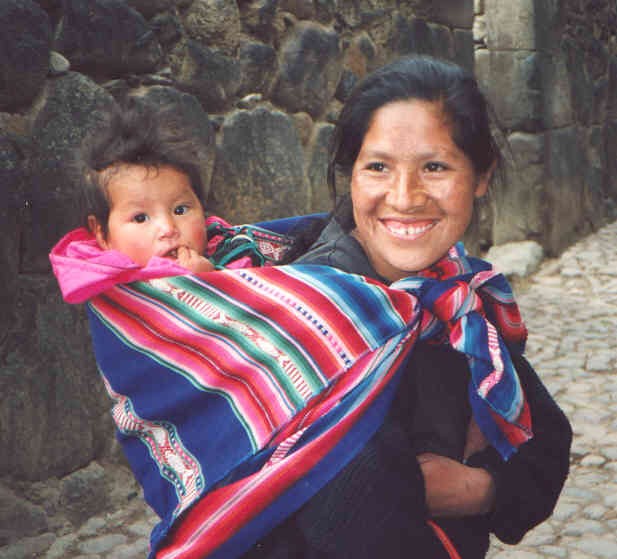
Today I learned the verb 'to silo' existed, by coming upon its derived adjective 'siloed'. I know what a 'silo' is, since I live in a Spanish-speaking country whose economy depends on a strong agricultural sector. (Grain crops are among our main exports, and you store grain--in 'silos'.) What I didn't grasp was the derivative logic: the text I was reading applied the term 'siloed' to society as a whole. However, after a short while, I got the idea: a 'siloed' society is a society divided into somewhat closed environments, the dwellers of each having a low probability of interacting with people from other compartments. Of course, the probability of making contact varies according to the relationship among compartments--some lie closer and are more open to each other than others--but the general idea is that of a society divided into enclosures, many of which aren't always easily reached from outside. As the term was used to describe what the article defined as WEIRD societies (Western, Educated, Industrialized, Rich, and Democratic countries), it is easy to see how this relative opacity has to do with privacy, industrialism, the forms family, private property, and knowledge adopt in such cultures, and so on.
Now, to the point: the article I was reading focused upon the way parents in WEIRD societies tend to introduce their infants into language. There's this decades-long precept among educators that you need to speak without pause, sing, read books to toddlers in order for them to learn faster the basics of language. The problem with this view is that in ancient societies, along with present non-WEIRD societies, this approach was and is very unlikely to be the case: adults there didn't or don't usually interact directly with kids--and notwithstanding this their children acquire language skills comparable to that of children in modern, industrialized societies, mainly by overhearing what people said.
I'm still reading it, and probably will bring the issue back in a while. Cheers
https://bigthink.com/neuropsych/humans-may-be-learning-language-differently/
I think the research shows that parents naturally have a voice for children that is exaggerated so that the children can notice differences in sounds and the language. If they speak to them as adults they don’t realize the differences. There is a really famous program on YouTube “Miss Rachel” that uses this principle and she is super famous for this.
La investigación ha mostrado que los padres tienen una voz más aguda para que los niños puedan darse cuenta de las differences sutiles del idioma. Si no los hacen con la voz aguda, los niños tendrían más dificultad para anotar diferencias del idioma. El program “Miss Rachel” usa esta teoría de la educación temprana para niños y la señora es bien famosa por la programa y su manera de hablar para ayudar a los niños.
Muy interesante la publicación, @eugen_blick.